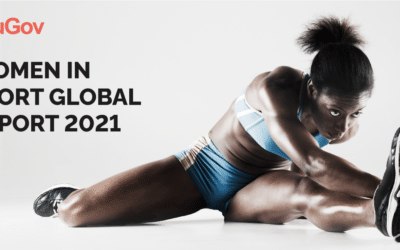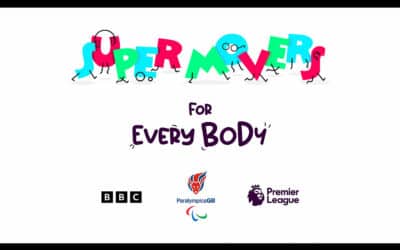In fact, less than 20% mentioned either the speed or the skill level in the games themselves. It looks as if it’s down to those engaged in promoting sport to push engagement overall.
The report states that there are two truths – women’s sport is less popular than men’s and there is no reason for this to be so. “If you accept these premises,” it says, “women’s sport offers marketers a great deal of potential – for, despite recent strides, there remains considerable room for growth.
“And while growing women’s sport offers commercial opportunities, there is, of course, more at stake – equality in general.”
One main point the whitepaper draws out is that it’s necessary for marketers to engage people early in life, based on its findings that 35% of people credit playing sport in childhood as driving their interest, and 30% saying having a child who played a sport is a reason to engage in sport played by women, and continue to.
It says, “engaging young people is key to driving an interest in women’s sport. Marketers need to think about making that journey as seamless as possible, and consider the touchpoints needed to maintain interest.”
However, it warns against a “one-size-fits-all” strategy in marketing. Sponsoring a sportsperson, team or tournament might have a huge impact in one country, but not another. And just going for prominence won’t work either – four-yearly events like the World Cup are “certainly popular” but “can lack the sustained profile which leagues and annual events offer to marketers.”
All this and more needs to be considered in sports marketing, finds the report. Considering sport’s popularity, there are good potential rewards – and “Given the relative costs of sponsoring men’s vs. women’s sport, there is real value in the latter.”
Download YouGov’s Women In Sport whitepaper via the form below.















